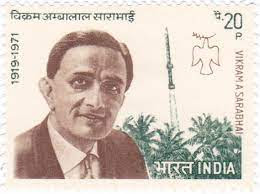Ahilyabai Holkar, also known as Maharani Ahilyabai Holkar, was a powerful ruler and queen of the Malwa kingdom in central India during the 18th century. She is widely regarded as one of the greatest women rulers in Indian history and is remembered for her wisdom, compassion, and efficient governance.
Ahilyabai Holkar was born on May 31, 1725, in the village of Chaundi in present-day Maharashtra, India. She married Khanderao Holkar, who belonged to the Holkar dynasty, a prominent Maratha clan. After her husband's untimely death, Ahilyabai Holkar assumed the reins of power and became the ruler of the Malwa kingdom.
During her reign, Ahilyabai Holkar focused on improving the welfare and prosperity of her people. She was known for her strong administration, religious tolerance, and commitment to social justice. She built and renovated numerous temples, ghats (riverfront steps), wells, and other infrastructure projects. The city of Indore, now a major city in Madhya Pradesh, was developed under her patronage.
Ahilyabai Holkar had a deep sense of duty towards her subjects and was known for personally attending to the needs of her people. She would often travel throughout her kingdom, listening to grievances, resolving disputes, and ensuring fair governance. Her reign was marked by peace and stability, and she earned the respect and admiration of her subjects and neighboring rulers.
Apart from her administrative skills, Ahilyabai Holkar was also a patron of the arts. She supported scholars, poets, and artists, encouraging cultural development in her kingdom. Her reign became known as a golden age of Malwa, and she is often referred to as the "Philosopher Queen" due to her enlightened approach to governance.
Ahilyabai Holkar passed away on August 13, 1795, in the city of Indore. Her legacy continues to be celebrated, and her contributions are remembered to this day. The Holkar dynasty, under her rule and the subsequent rulers, played a significant role in the political and cultural history of the region.









